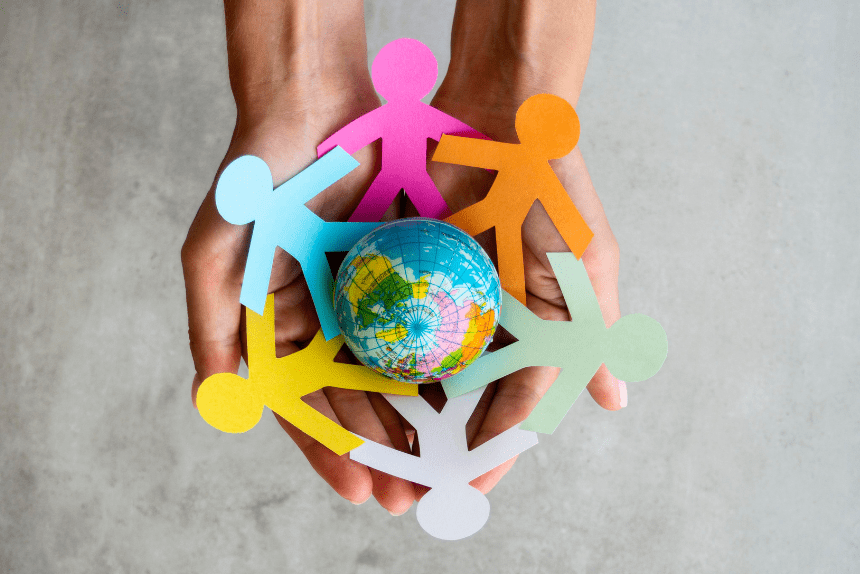The Trump administration has made big changes to the U.S. State Department’s yearly report on human rights violations across the world. This year’s report has been shortened and changed in important ways, such as the language and organization. It used to be thought of as one of the most complete reviews of human rights. The change makes it easier to criticize U.S. friends like Israel and El Salvador, but it makes it harder to criticize Brazil and South Africa.
The report notably leaves out whole sections from past years, including ones that talked about government corruption and the persecution of LGBTQ+ people. This has worried human rights groups. The State Department has defended these modifications as measures to “increase readability” and “remove redundancies,” which shows a distinct change in the administration’s approach to human rights issues.
Even while some people say otherwise, critics say that the changes show that the U.S. is no longer committed to protecting human rights. They say that the new format could give allies and enemies the wrong idea about what the US cares about.
Why are some US allies getting less criticism?
The new report is much less critical of several friends, such as Israel and El Salvador, who were heavily criticized in prior editions. The study talks about the actions the Israeli government has taken to stop its officials from abusing human rights, even though it is clear that Israel is still fighting Hamas and Hezbollah in the West Bank and Gaza. But it doesn’t include important international organizations like the International Criminal Court (ICC), which had issued arrest warrants for important Israeli figures for alleged war crimes.
The report also praises El Salvador, which Amnesty International has accused of arbitrary detentions and human rights violations. The State Department said there were “no credible reports of significant human rights abuses.” This favorable picture fits with the Trump administration’s tight ties to El Salvador’s President Nayib Bukele, who has been praised by the U.S. for his leadership. Here is the link to our article on Pressure on Trump’s Bill.
Why are Brazil and South Africa getting more criticism?
The new study, on the other hand, focuses more on countries like Brazil and South Africa. People say that Brazil, under President Jair Bolsonaro, is adopting “disproportionate actions” to limit free speech. The report also says that these acts are becoming a bigger danger to human rights in the country. This shift is a result of persistent disagreements between the Trump administration and Brazil’s government over things like environmental policies and freedom of speech.
The report also criticizes South Africa, focusing on how its protections for human rights have gotten worse. The administration is focusing on these countries as part of a larger plan to draw attention to what it sees as government abuses that go against U.S. interests, especially in the developing world.
How has the report talked about free speech and hate speech online?
The updated report also makes a big change by focusing on how freedom of speech is being taken away in several Western democracies. People are upset with the UK, France, and Germany for making more rules around hate speech online. The report says that these regulations have caused “significant human rights issues,” especially when it comes to freedom of speech. Some U.S. tech leaders and the Trump administration have said similar things before about these kinds of rules, saying that they hurt free expression. Here is the link to our article on the importance of Trump’s bill.
Final Thoughts: What Does This Report Mean for US Policy Towards Other Countries?
The Trump administration’s changes to the annual human rights report reflect its shift towards prioritizing pragmatism and diplomacy over traditional human rights standards. Reducing criticism of allies and focusing more on adversaries signals that geopolitical interests may outweigh human rights in some cases. These revisions highlight evolving U.S. foreign policy goals and raise concerns about the future of U.S. leadership on global human rights issues.








